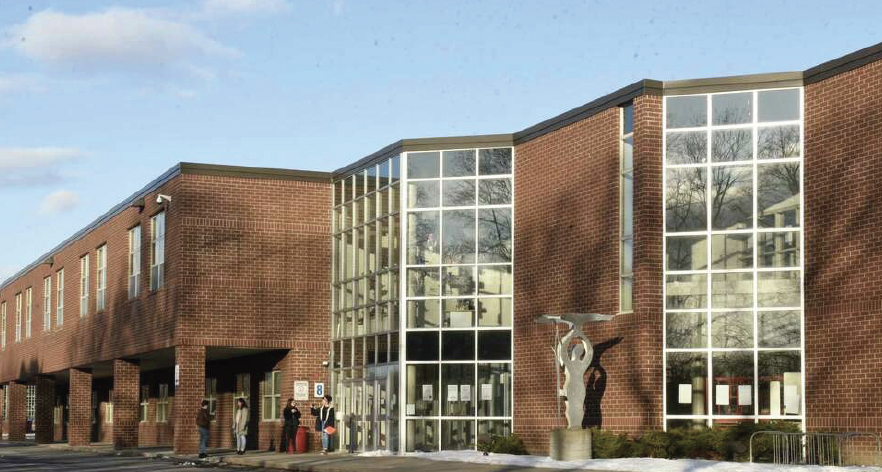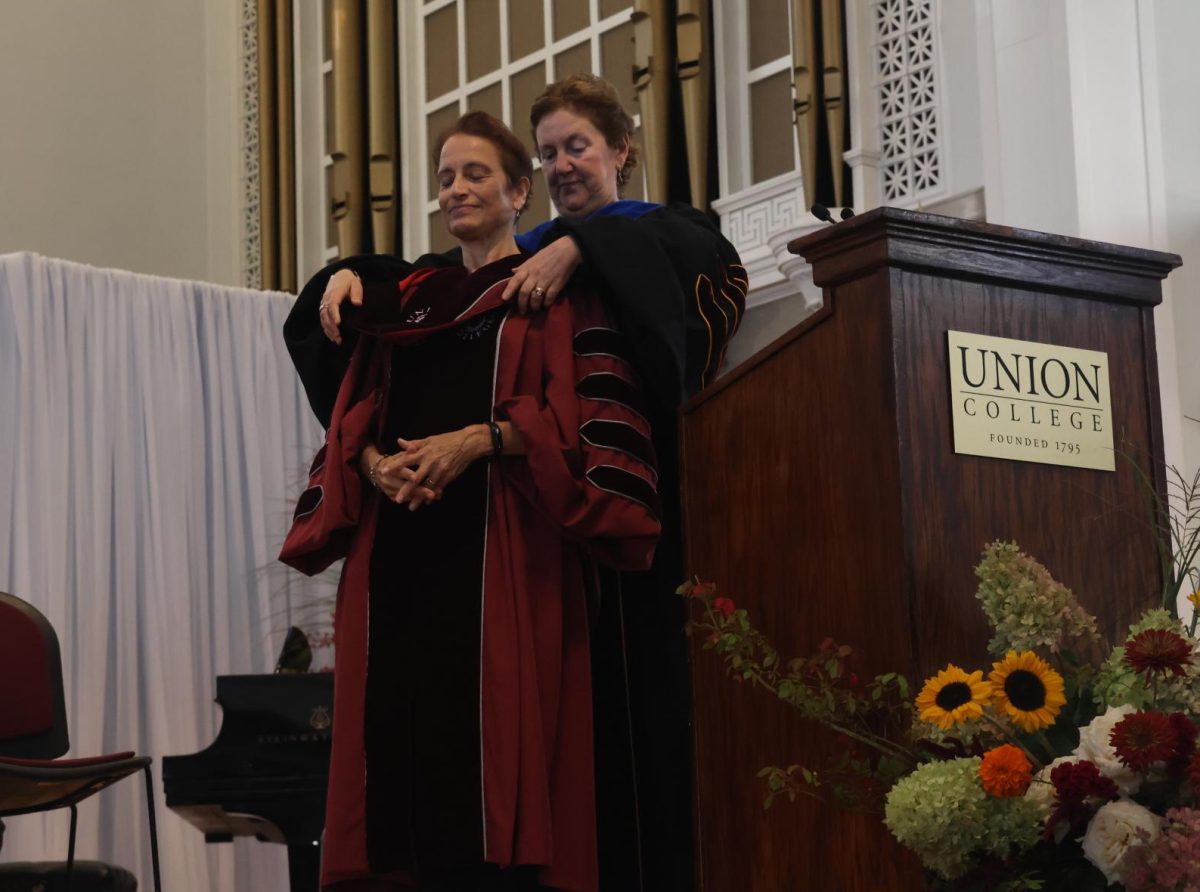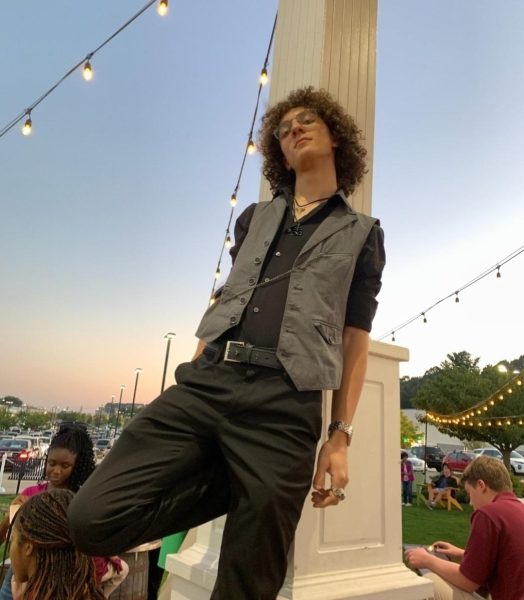The start of president Donald Trump’s second term in office has seen executive orders and directives to cancel what the administration deems so-called “harmful” Diversity, Equity, and Inclusion programs, meant to provide opportunities for otherwise underrepresented and underprivileged minority groups. These programs, which are being cut down across educational institutions, have their roots in the Civil Rights movement of the 1960s and the 1964 Civil Rights Act passed by president Lyndon B. Johnson, and have offered educational liberties to millions. An article posted on whitehouse.gov on March 18 now details the exact terms of this directive, deeming the efforts and institutions of DEI to be “radical and wasteful.”
As president Trump has put these directives into place, change is already being seen at the local level, with the Times Union reporting on the funding challenges which the DEI ban will bring to local federally funded schools. Leaders in the Schenectady community are now left between trying to maintain their ability to receive federal funding and remaining compliant while staying true to “their commitment to diversity, equity, and inclusion.” DEI programs, which had previously been able to provide counseling and mental health services to Schenectady public school students, are seemingly the first to be impacted by these orders, leaving the fate of future programs uncertain.
At the state level, the Trump administration placed a ten-day ultimatum on all fifty US states to have their departments of education certify the abandonment of all such DEI programs or risk cuts to their federal funding. In New York State, Department of Education officials released a letter on April fourth affirming their commitment to DEI and refusing to comply with any such certification demanded by the federal government. Deputy commissioner Daniel Morton-Bentley maintained in the letter that the federal Department of Education has no authority to threaten funds or withhold any form of aid without “formal administrative process.” It is this lack of formal administration that seems to be cited along with many actions taken by the Trump administration via executive order, with critics arguing that executive orders are nothing more than a powerless demand, not having any thorough or well-defined legislative power.
On campus at Union, a college which has strived in recent decades to remain equitable and fair to a diverse student population, these directives are also being challenged at the highest level of administration, with President David Harris referencing them in his Founder’s Day keynote address, stating “We have not made any such changes at Union, and we have no plans to do so.” With president Harris leaving after the 2024-2025 academic year, and the executive order to end DEI not yet having any status as a federal law, the future of these alterations to DEI is uncertain.













